If you’re thinking about getting a new pet but don’t want a classic cat or dog, it’s a good idea to know which animals you legally aren’t allowed to keep in your home before you start shopping around. This article shares 17 animals that are banned in the United States for either safety concerns or to protect endangered species.
Alligators
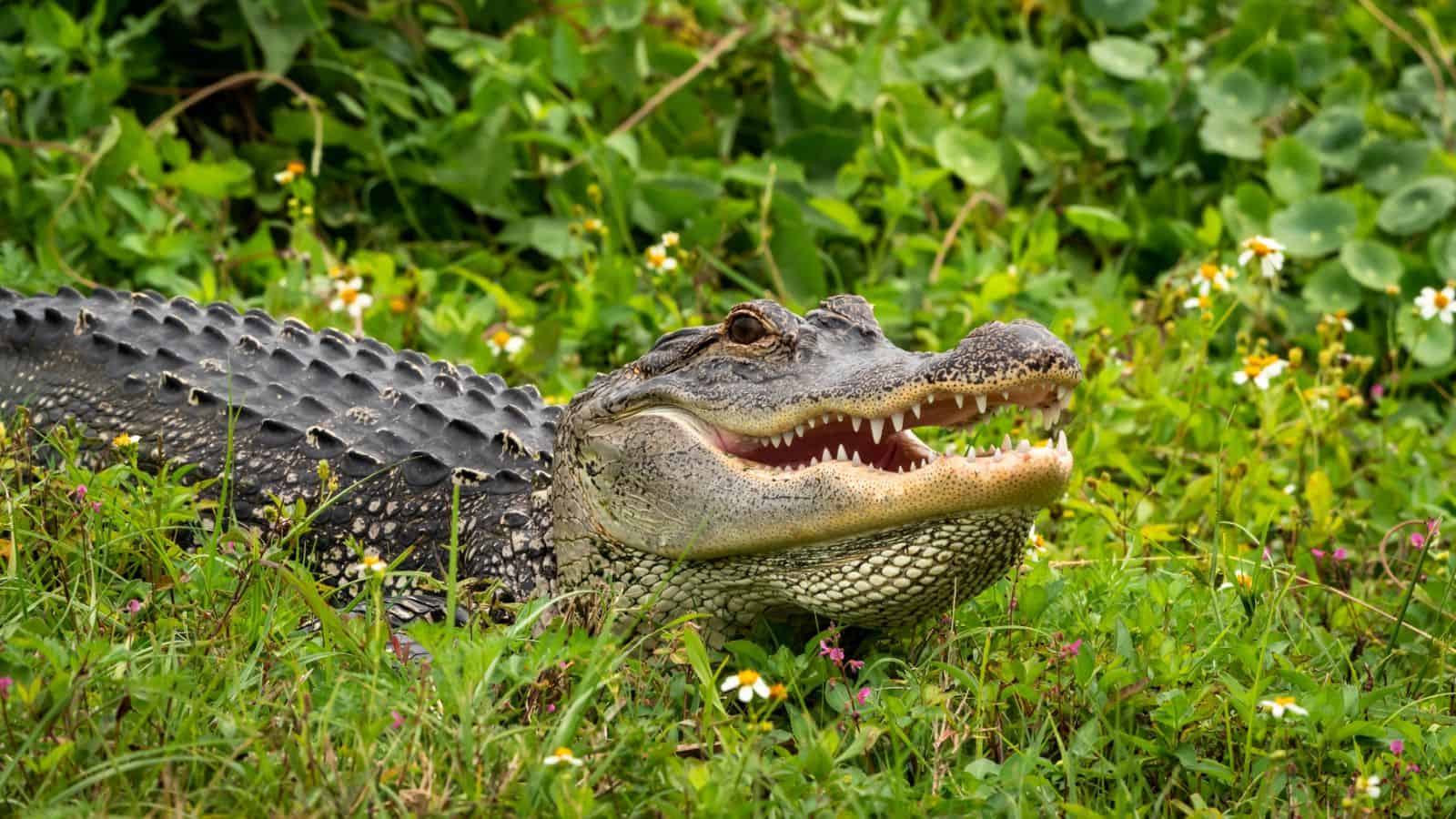
While an alligator likely isn’t your first choice of pet, it’s still good to know that these reptiles are powerful and can become very aggressive. In most states, ownership of one is outright banned, but Florida and a few other states may allow you to get one with a license or permit.
Lions
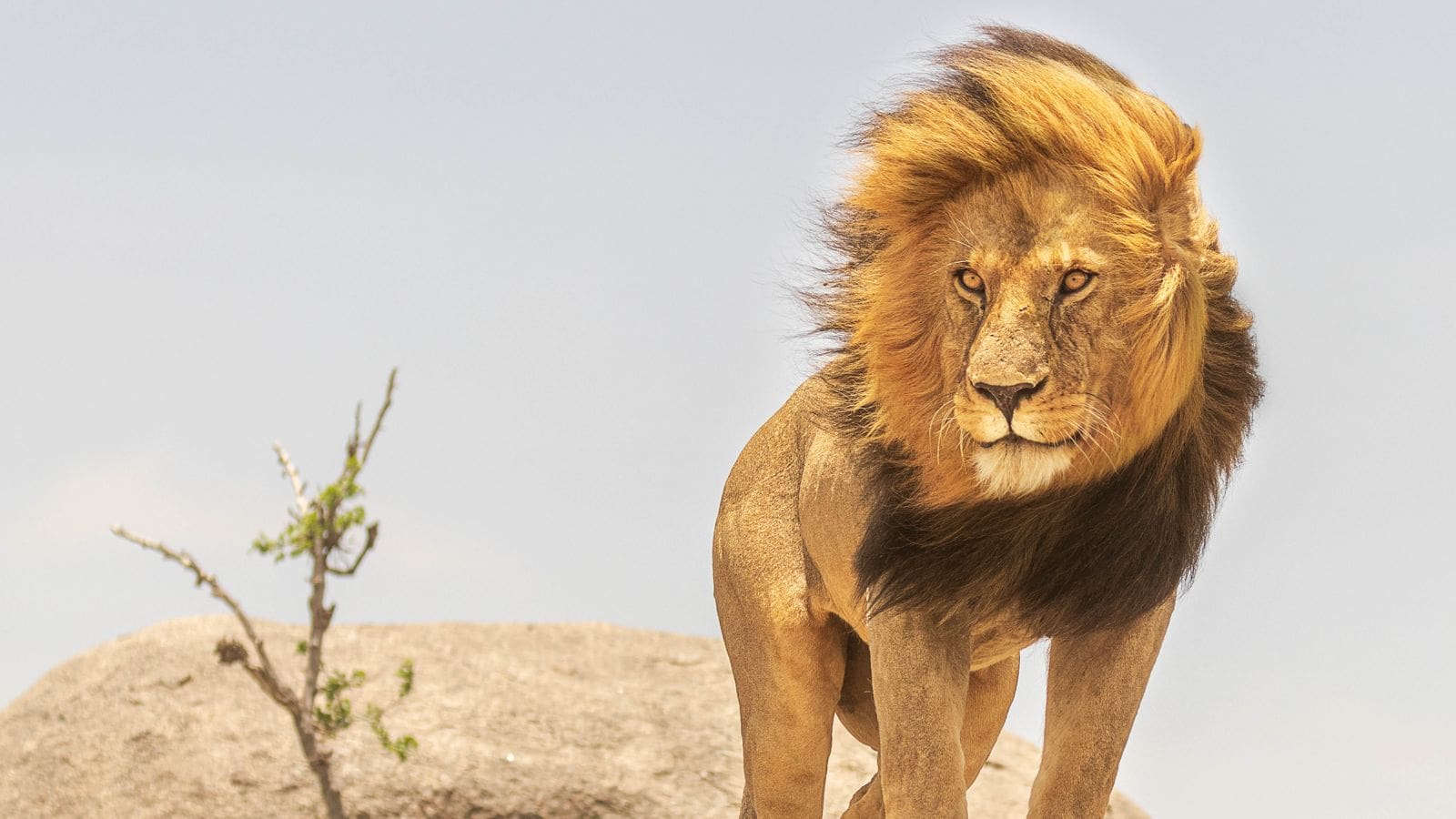
In 2022, an act was signed into law to end private ownership of lions and other large cats. It’s common knowledge that big cats can be both unpredictable and dangerous, posing a safety risk to anyone around them. They also require a diet and environment that typical pet owners can’t provide.
Monkeys

According to the World Population Review, monkeys aren’t allowed to be kept as pets in 26 states, though 12 have no restrictions and 12 require a permit. No matter where you’re based, we don’t recommend it. Primates can transmit diseases to humans, and they require social interaction within their species that they’re not going to get in a human home.
Venomous Snakes
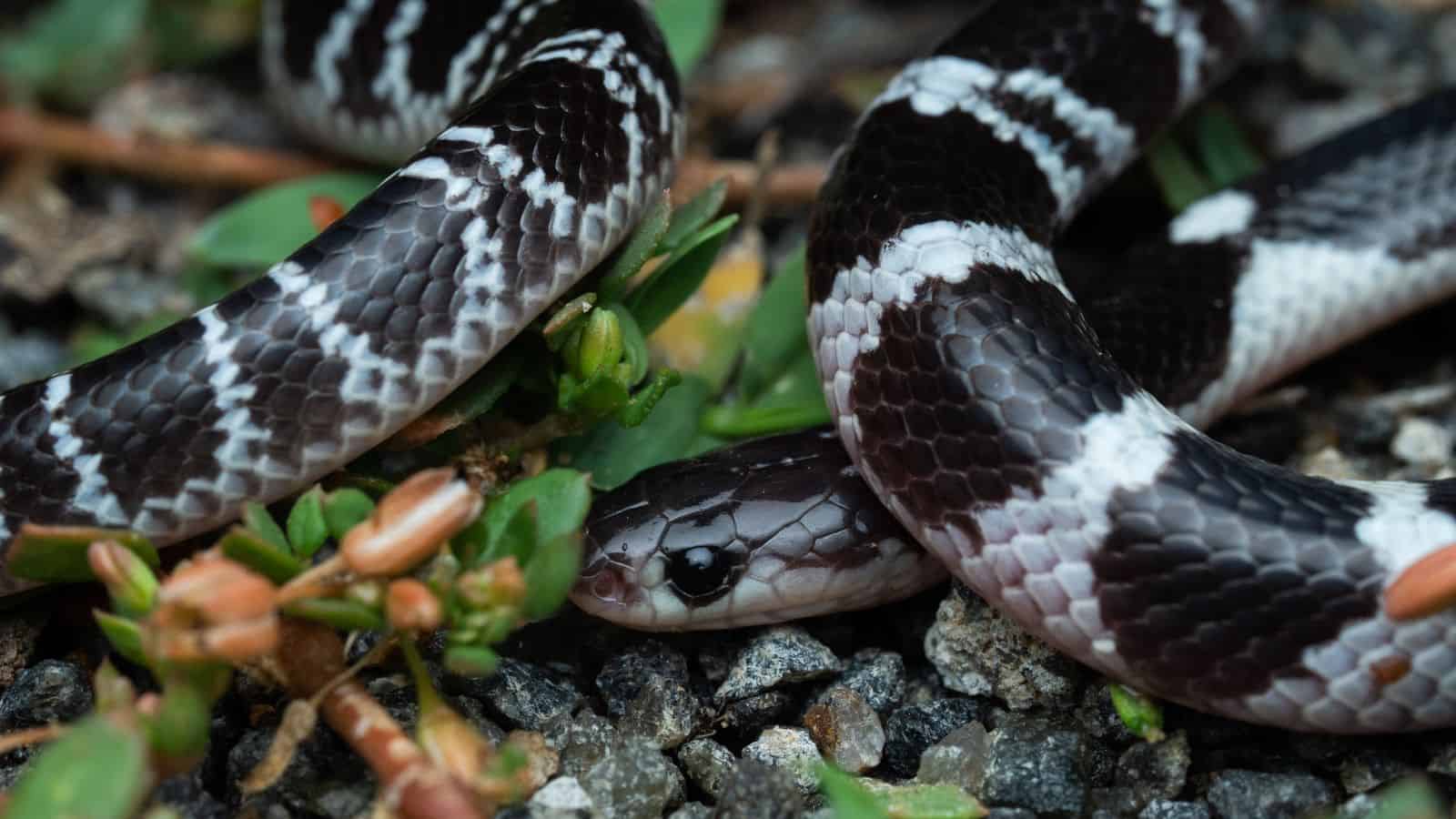
If you like snakes, it’s best you look for a non-venomous one. You won’t be able to own a venomous one anywhere in America without a permit, and for good reason! Bites can be fatal without immediate medical attention, and venomous reptiles require an owner with expertise to manage them safely.
Bats
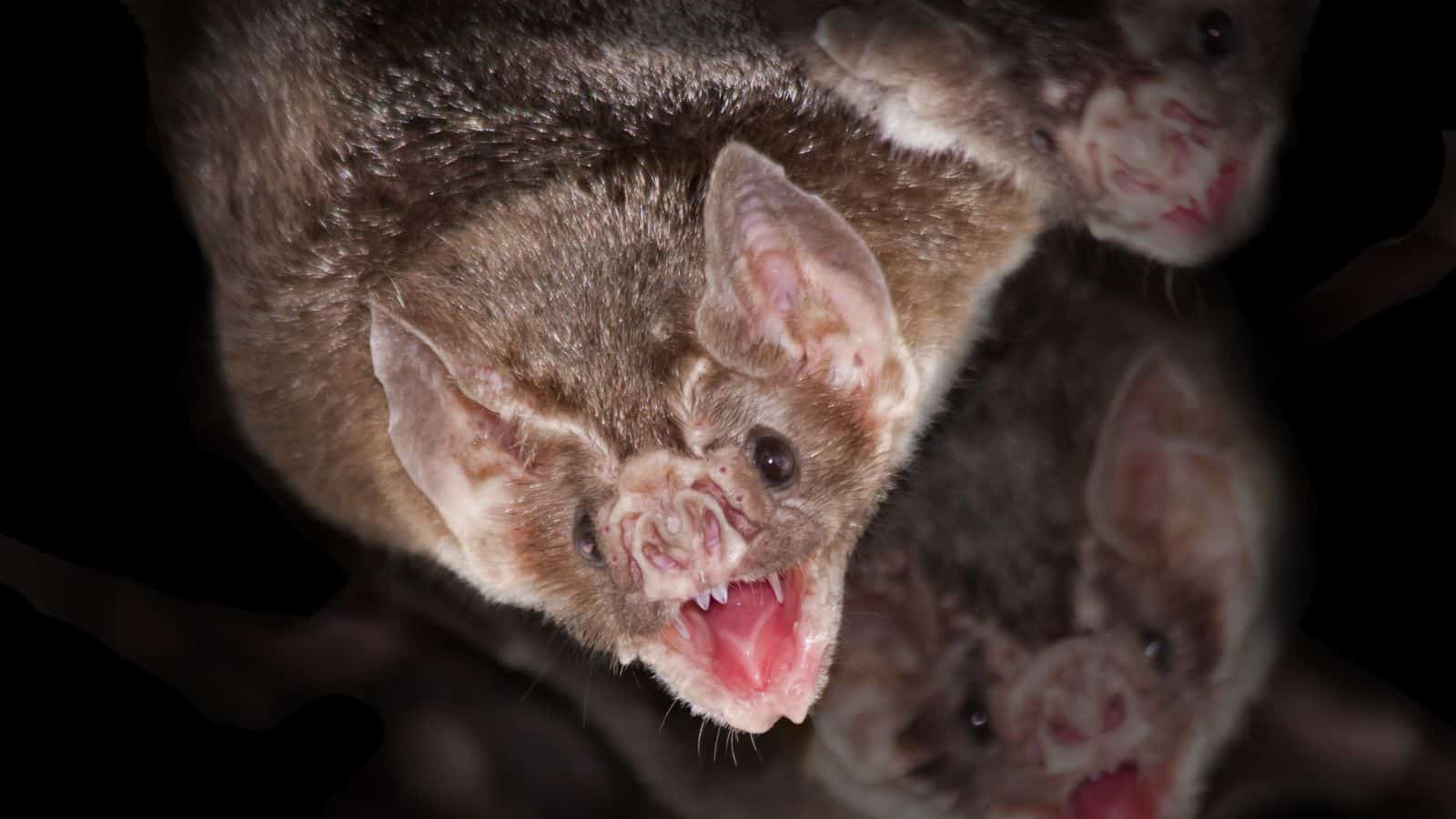
Rabies—need we say more? If that isn’t enough to put you off the thought of owning a pet bat, then laws restricting their ownership will. Most species of bats are protected under wildlife conservation regulations because of the fact that they can carry rabies and other pathogens and their need for a specific habitat.
Skunks
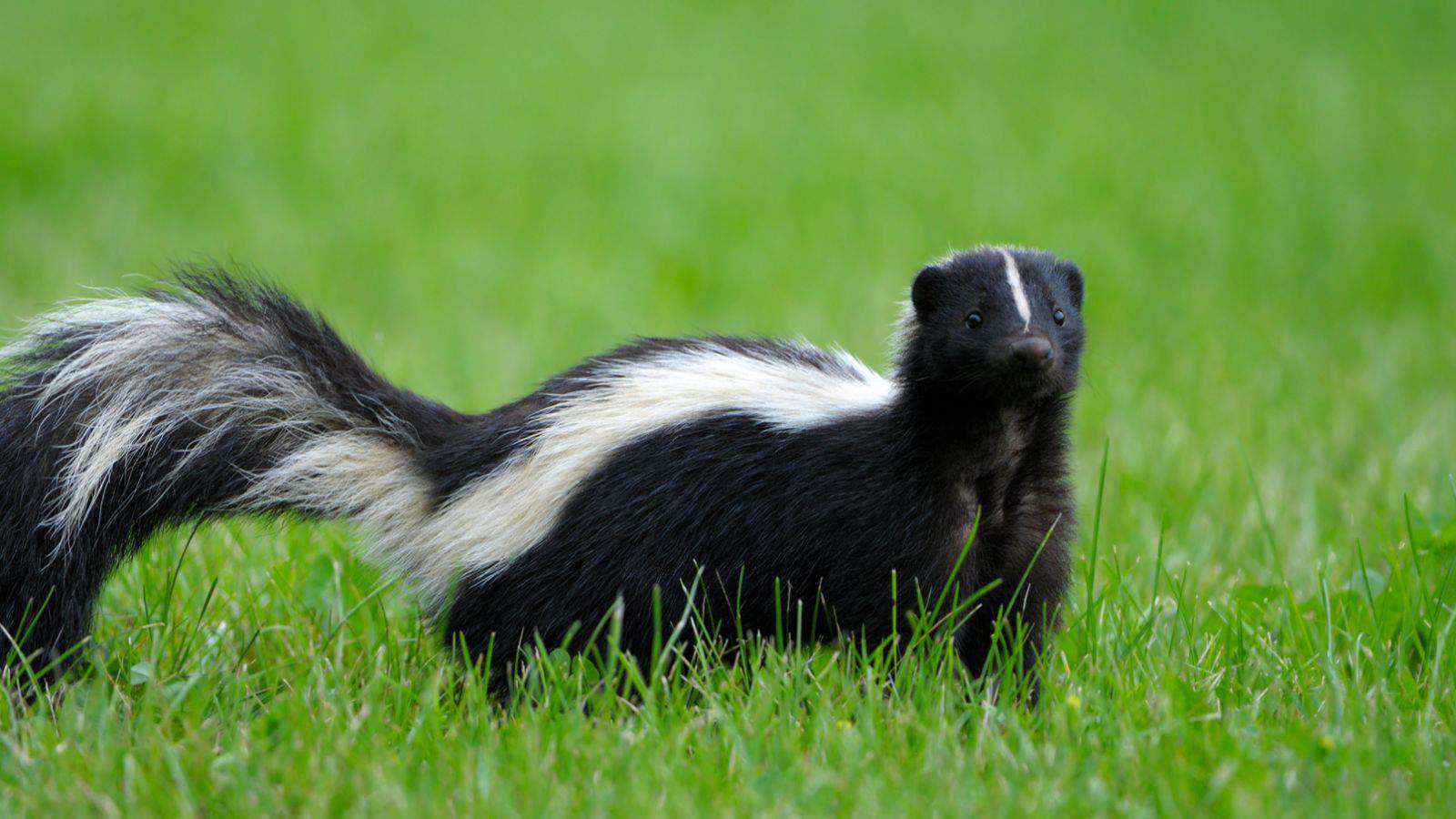
We all know that skunks are famous for the extremely repulsive-smelling defensive spray they can emit from their anal gland, which would be very hard to manage in a home. Skunks can also carry diseases that are transmittable to humans and other pets. They’re illegal as pets in many states due to these risks.
Wolves
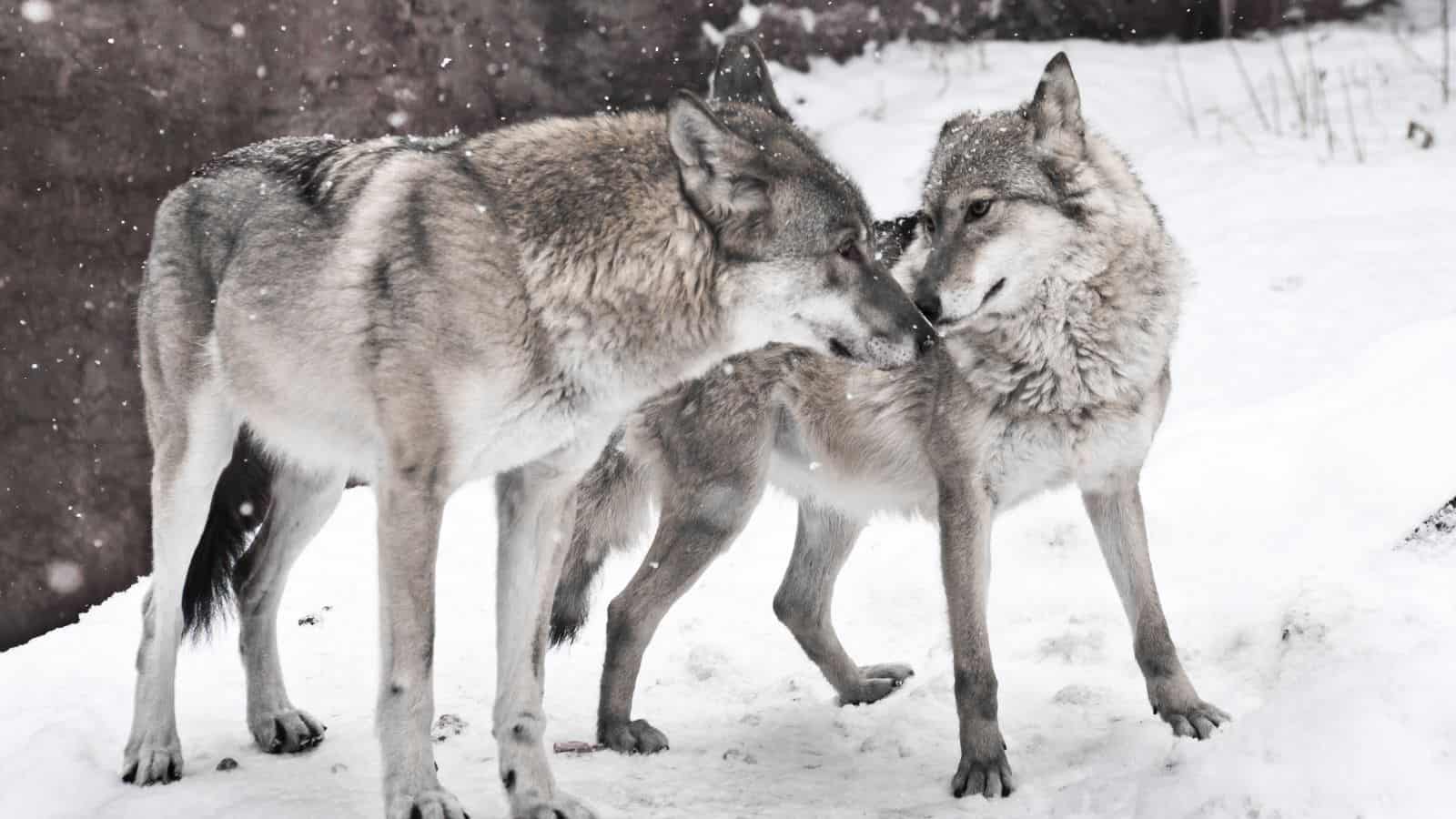
“It is illegal to own a pure wolf in the United States,” as shared by the Colorado Wolf and Wildlife Center. It’s legal in certain places to own a wolf-dog mix, but most places are outlawing this because their predatory instincts can make them dangerous. Plus, they require extensive space and a wild-type diet that’s difficult to give them.
Squirrels

Considered an exotic pet in the United States, 31 states say it’s not legal to own one. Just 19 states allow it, provided certain rules are followed or permits are required. In general, though, it’s not advised to keep one at home. Squirrels aren’t domesticated, can be destructive, can bite, and can’t typically be toilet trained.
Raccoons
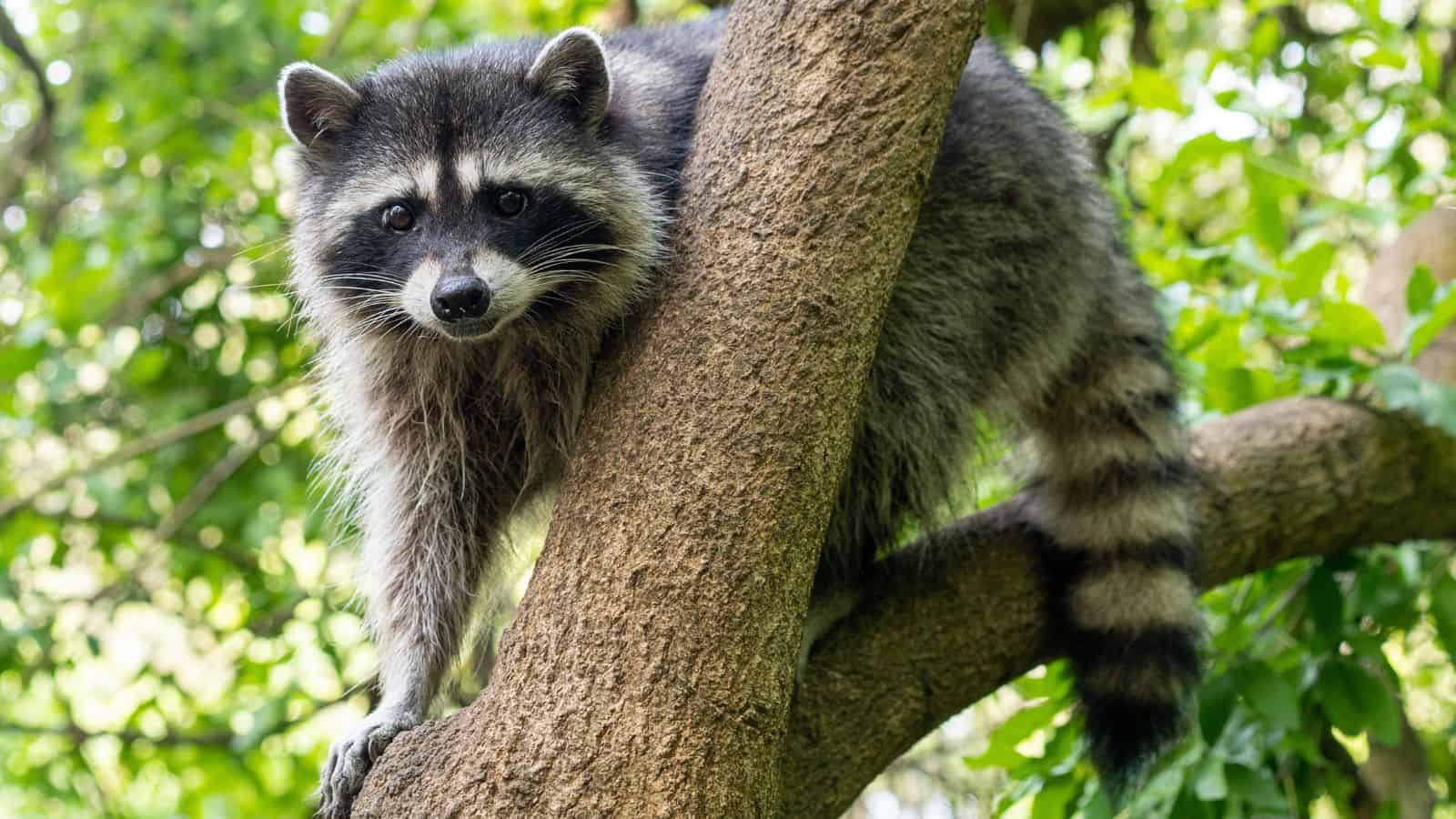
In many states, it’s illegal to own a raccoon as they have a high risk of rabies and other diseases, plus they can be aggressive, unpredictable, and destructive. Of the states that do allow ownership, many require a permit. We think there are far better pets out there!
Bears

You likely don’t want to own a bear, but if you’ve been looking up pictures of cubs and thinking how cute and cuddly they look, don’t be fooled! Bears pose a significant risk to humans due to their size, strength, and potential for aggression. It’s for this reason that owning bears is highly regulated or banned in most states.
Foxes

There’s much debate about whether foxes can be domesticated, but in general, it’s not considered a good idea to keep foxes as pets because this can disrupt ecosystems or native wildlife populations. They’re wild animals, after all, and so they are banned in 29 states because they can be a danger to owners.
Certain Turtles

Did you know that turtles carry salmonella? According to the Humane Society, “The disease risk is so great that selling small turtles is illegal in the United States.” You may be able to keep certain turtles as pets, but their sale and ownership can be restricted based on size and species.
Hedgehogs

Cute as they may be, states like California, Georgia, and Hawaii have made keeping hedgehogs as pets illegal, along with a couple of others. Elsewhere, they’re legal—but beware. They can transmit salmonella to humans and need specific temperature and dietary conditions.
Certain Bird Species
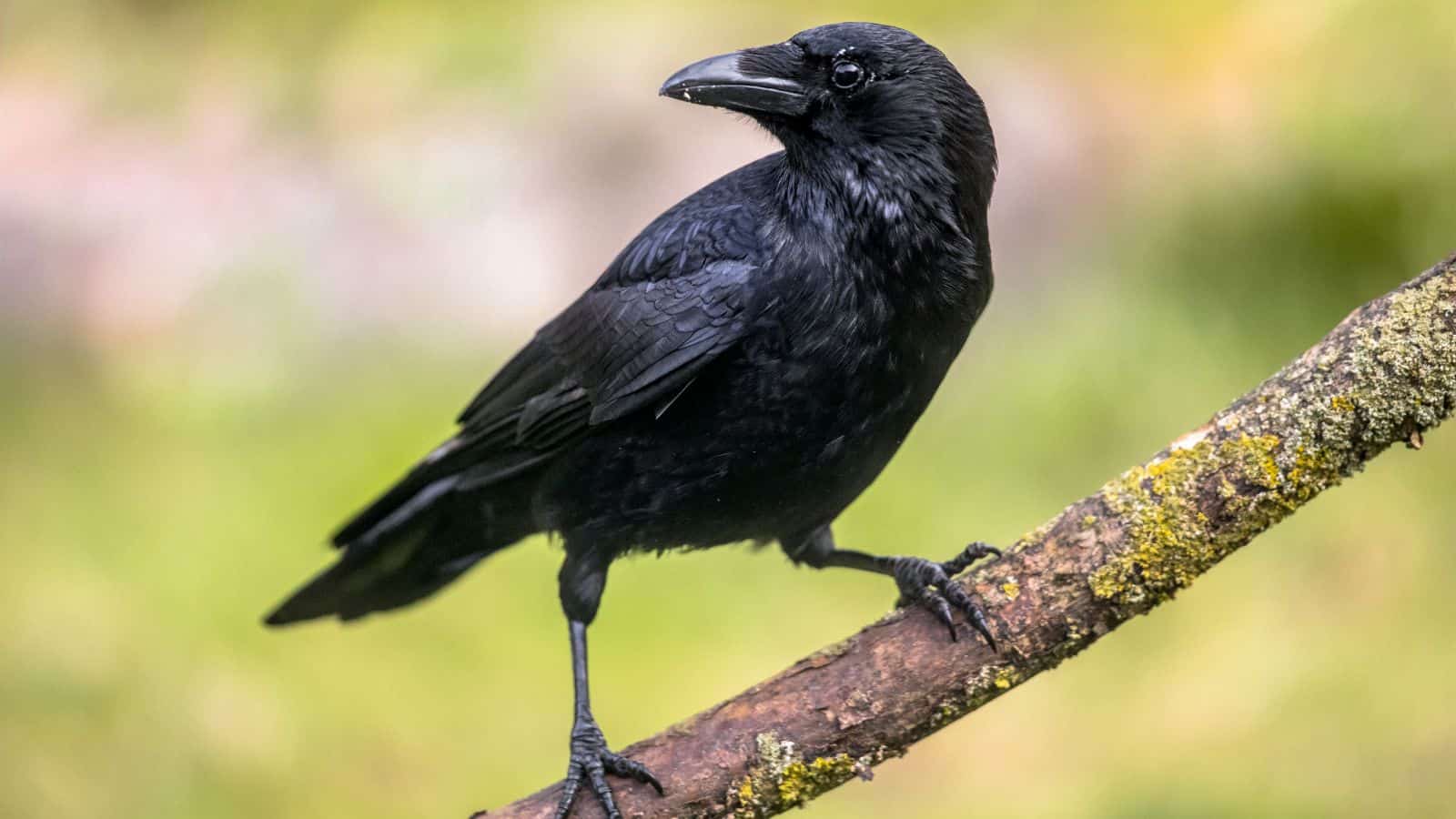
Some species of bird, like ravens and crows, are native species protected by law. This means they can’t be kept as pets, mostly because it would be inhumane to take them out of their local habitats and keep them in cages. They belong (and thrive) in the wild!
Piranhas
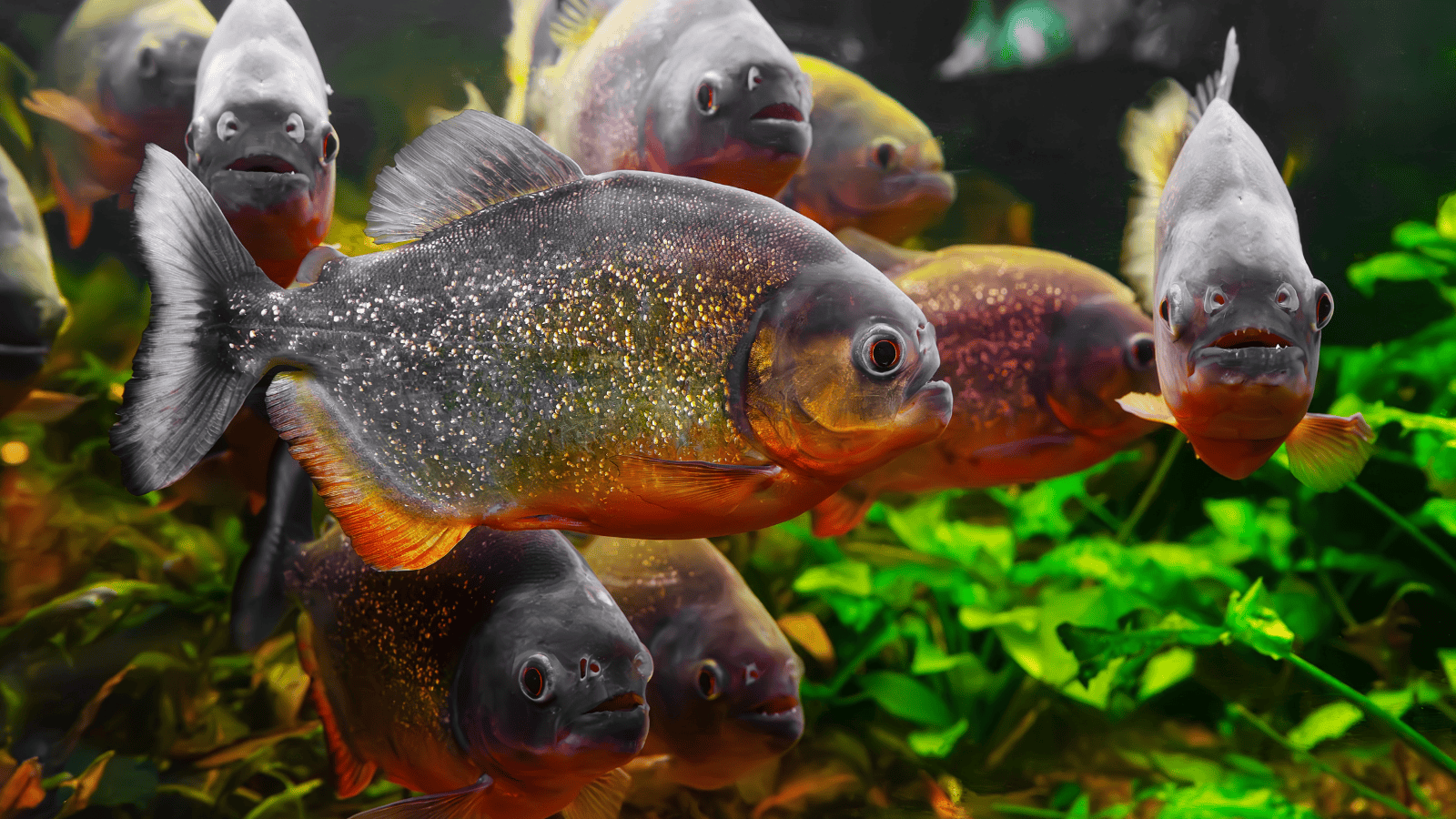
In just over half of all states, you’re not allowed to keep piranhas as pets. They require specific water conditions and diets, and their aggressive nature can harm native fish populations. Not to mention, you probably want to keep all of your fingers!
African Clawed Frogs
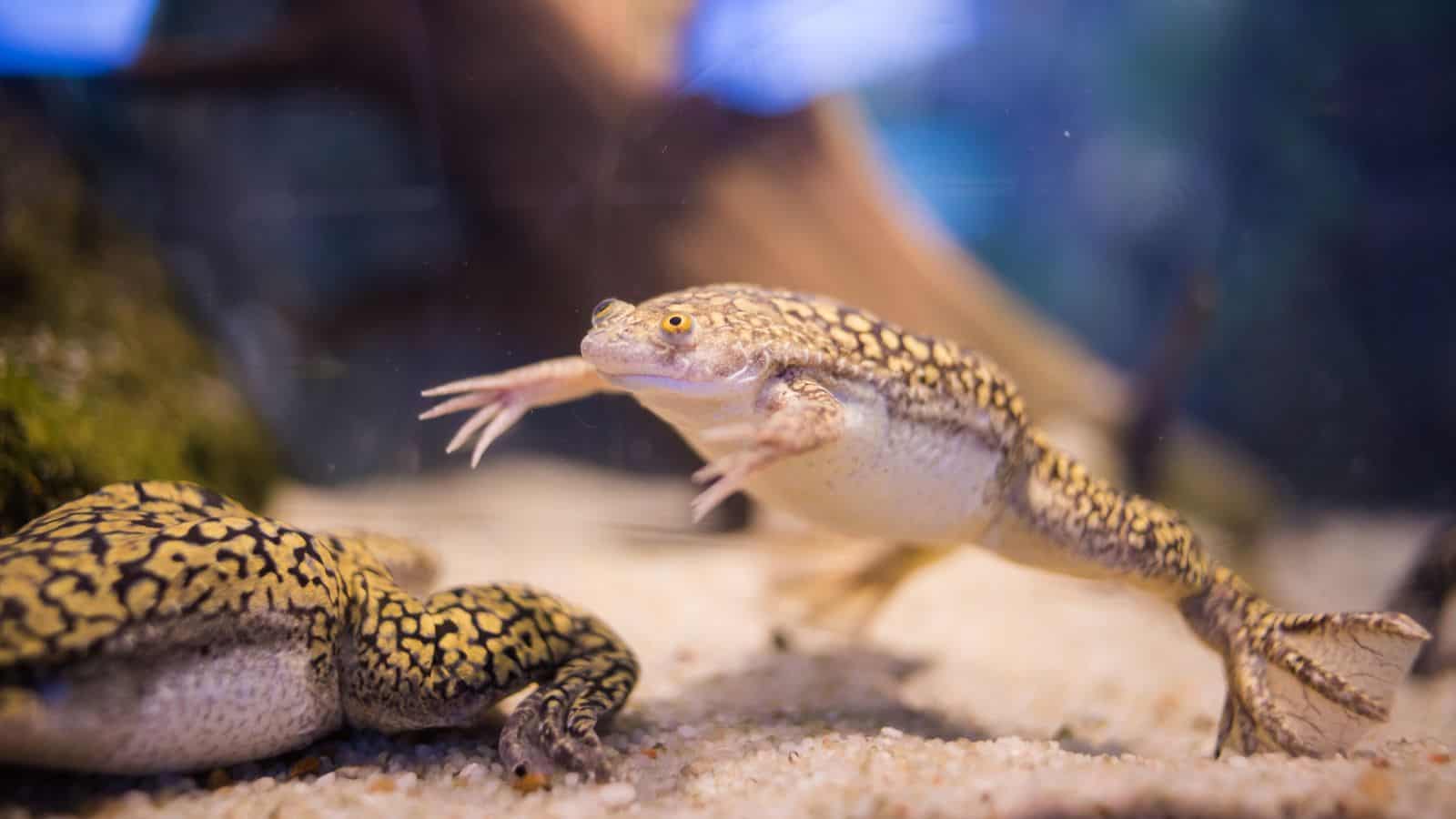
Several states, such as California and Washington, have banned the ownership of the invasive African clawed frogs, which have the ability to “harm native ecosystems by competing with and preying on native species,” as per CBS News. They can also carry diseases harmful to native species.
Coyotes
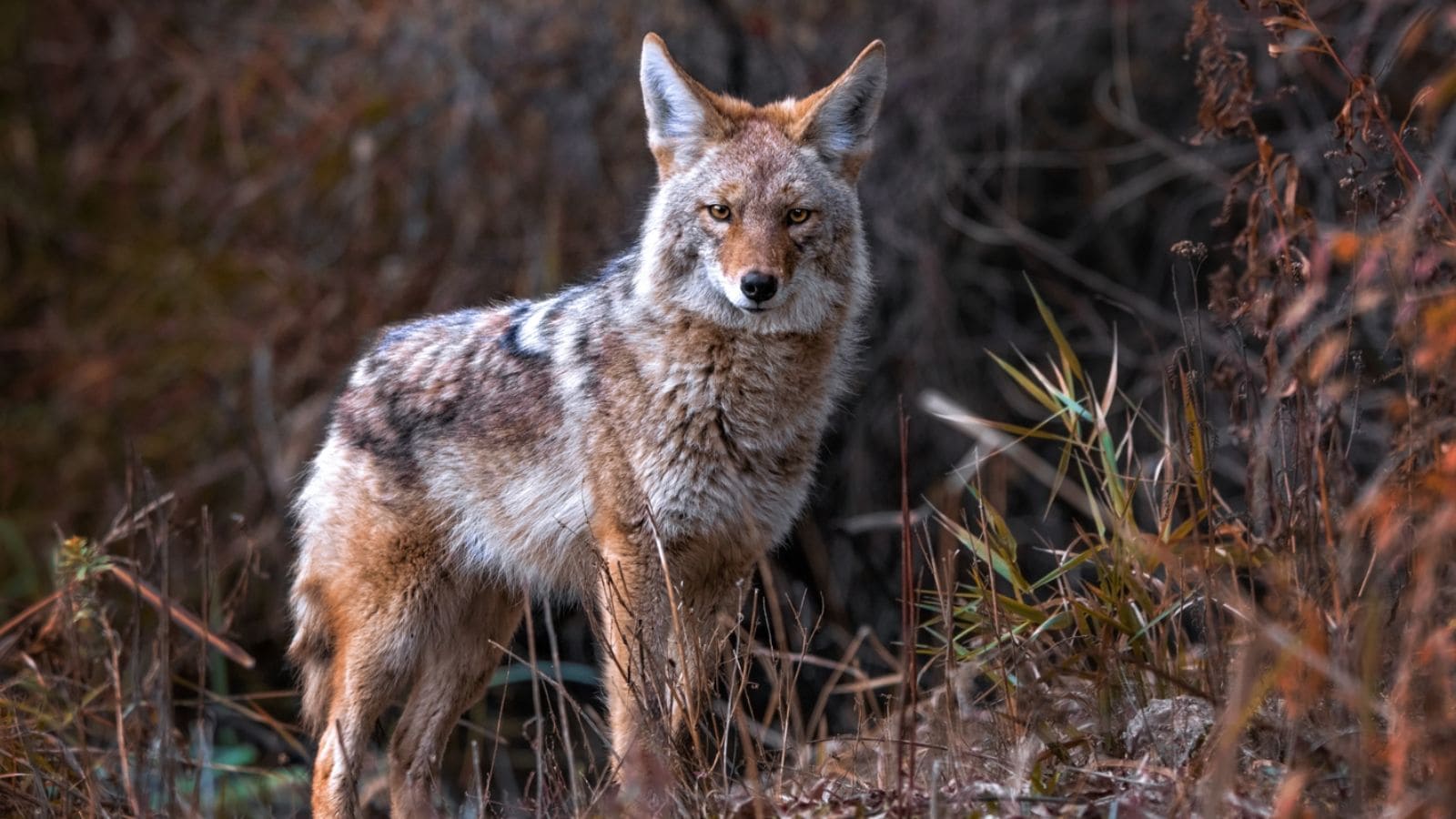
Most people wouldn’t even consider owning a coyote, but if you’re thinking of it, it can be a very bad idea indeed. Some people have had luck domesticating the animals, but that’s not always the case. They’re wild animals, and ownership, where legal, is heavily regulated.
Up Next: 17 Behaviors That Make People Think Less of You

If you want to be accepted by those around you, you have to behave in certain ways. Obviously, you should still be yourself, but there are certain social ‘rules’ people should abide by, like avoiding these 17 behaviors that make people think less of you.
17 BEHAVIORS THAT MAKE PEOPLE THINK LESS OF YOU
20 Signs Someone Is Only Pretending to Care

Whether it’s to avoid hurting your feelings or if it’s part of a more elaborate plan to deceive you for benefits, people pretend for many reasons. The main theme with them, though, is that their actions never match the sugar-coated words that come out of their mouths. So that you don’t fall for someone like this, we’ve compiled 20 signs for you to look out for.
20 SIGNS SOMEONE IS ONLY PRETENDING TO CARE
18 Items at Walmart that Aren’t Worth Your Hard-Earned Money

For many of us, Walmart is the go-to superstore. Whether we need groceries, clothing, or technology, Walmart is a one-stop shop for everything you would need. However, there are some Walmart products you should avoid at all costs, such as the following 18 examples.
18 ITEMS AT WALMART THAT AREN’T WORTH YOUR HARD-EARNED MONEY
